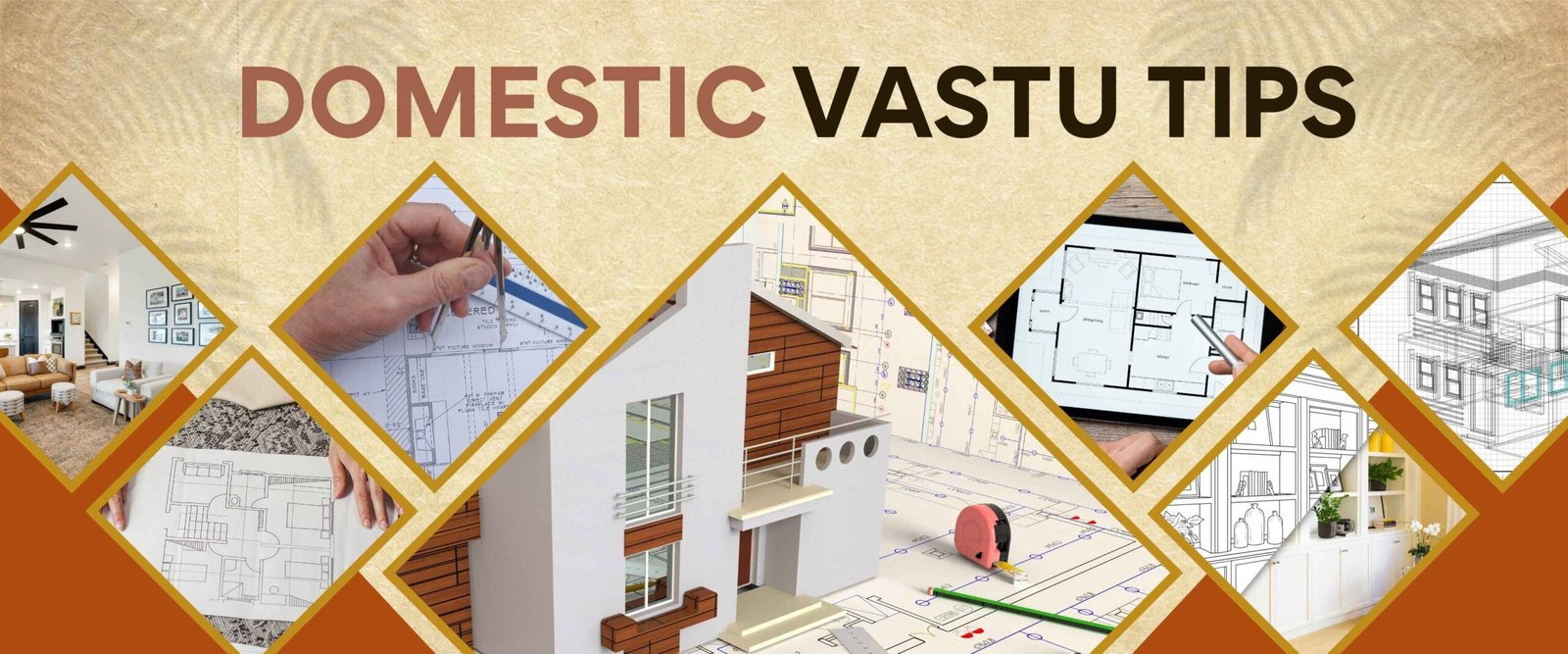- Buy Now
- Blog
- Contact Us
- +91-9414044559
- anupamjolly@gmail.com

Take the first step towards harmony, balance, and spiritual growth with expert guidance from
Acharaya Anupam Jolly.
Read on to find out why our Our Clients love us!
Average Rating: 5.0 stars (based on User ratings)